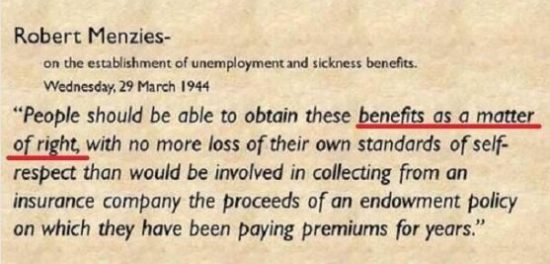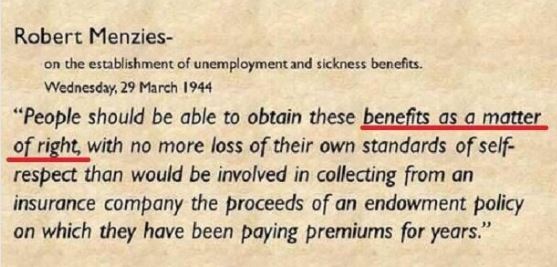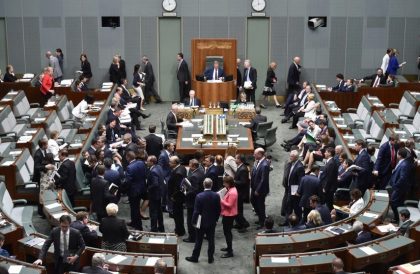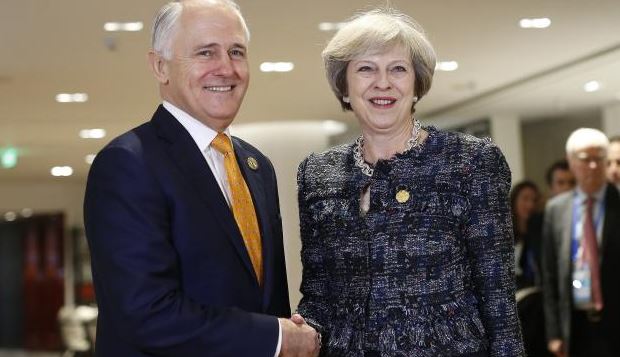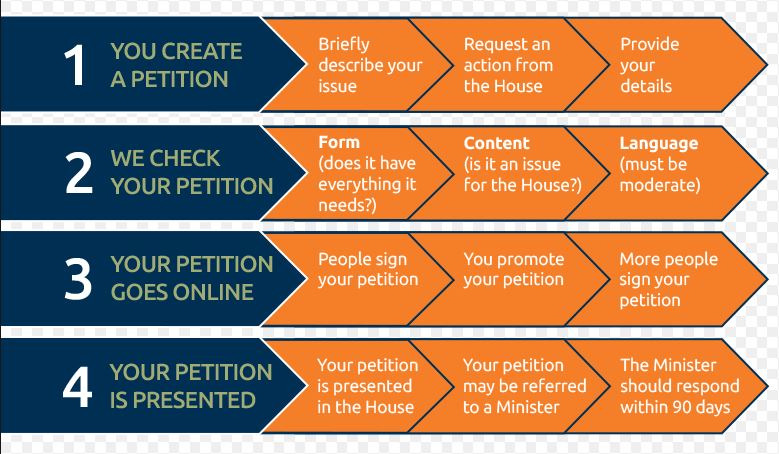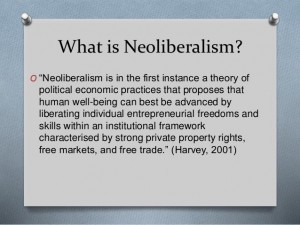Suffer in Ya Jocks! Turnbull Scoffs at Disaster Funding

A natural disaster has hit Rockhampton every two years since 2008. When a Prime Minister thinks natural disasters are not a national issue, he needs to go.
The Prime Minister has made another attempt to divide Australians and pit state against state. Frustratingly, he has turned his back on Queensland by refusing to assist with Disaster Funding. Explicitly, the Prime Minister does not see disaster mitigation as a national issue. In other words, Turnbull believes that if bushfires rage through NSW, that is a problem for NSW. Similarly, if floods and cyclones hit Queensland, therefore, it is a problem for Queensland.
Clearly, Turnbull’s leadership on this issue is pathetic. The People’s Prime Minister he is not!
Disaster Mitigation
Fires, Cyclones and Floods happen in Rockhampton, Central QLD. They aren’t just words on a screen. In essence, they are terrifying and destructive natural disasters that can leave families stranded, with no shelter, food, power and water. The frail and elderly in dire need of help. For some, it is complete devastation as they lose everything. Also, businesses close or are on the brink of closure.
I think everyone agrees that preventing death, destruction and massive blows to the local economy are all in the national interest.
Turnbull seems to believe that the free market will just always sort things out. However, Turnbull’s free market doesn’t help in in a disaster. Turnbull’s free market’s role is for you, the pensioner, the unemployed, the worker, the small business owner to dig deep into your own pocket and donate after every disaster.
In short, Turnbull doesn’t want to do a thing to prevent natural disasters.
Do we want a Prime Minister who will step up and help prevent the death of innocent people, the frail and elderly stranded in their homes without power, businesses copping massive losses as they shut their doors in times of disaster or one who does nothing and then cries into the camera in the face of the aftermath and then tells you to pull out your wallet?
Regional Towns in Central Queensland need urgent assistance to mitigate the impact of future natural disasters. Rockhampton has faced fires, cyclones and floods, every two years for the last ten years. It feels as if we just get over one disaster and another is knocking on our door.
Mitigation saves lives. Queensland needs this funding now.
Category D Funding Application
The Palaszczuk Government submitted an application for joint funding with the Commonwealth to fund infrastructure and mitigation projects in regional Queensland.
The proposed funding includes:
- $135 million Recovery to Resilience – Local Council Package to help the hardest hit local government areas undertake key infrastructure projects that will generate employment, boost the local economy, drive community recovery and build resilience.
- $60m Recovery to Resilience – infrastructure package (Betterment) to enable important infrastructure that has been damaged by STC Debbie to be rebuilt to a stronger more disaster resilient state.
- $15m Recovery to Resilience – environmental package to ensure the recovery of impacted environmental areas, recognising the important contribution our unique environment makes to the Queensland and Australian tourism industry.
- $10m Recovery to Resilience – economic package, to support the recovery of industry and businesses in and around impacted areas that experienced significant disruption and damage.
Queensland Short Changed
The Palaszczuk proposed the package of $220 million. With the Federal Government proposed to meet half the funding of $110 million. On the 14th July, the Turnbull Government announced it will only fund $29 million.
That is a shortfall of $81 million dollars. I propose the Prime Minister stops dissing mathematics because that is a very large shortfall.
Christensen Vs. Landry
Turnbull, backed by Capricornia LNP MP Michelle Landry has refused to assist the QLD Government with category D funding, post cyclone Debbie.
Controversial LNP MP George Christensen, who recently crossed the party room floor on penalty rates, has voiced his disappointment with Turnbull’s decision and will fly his regional Mayors to Canberra to insist on more funding.
Federal Member for Dawson George Christensen, whose own government signed off on the funding, was also “gutted” at the size of the kitty.
Michelle Landry, MP, has turned her back on her community. Landry, who holds her seat by 1,111 votes appears more concerned with gauging what locals think of the flood levee. The community has had a divided opinion regarding the flood levee for a variety of reasons.
Landry has bled every last political drop in every natural disaster since she was a candidate in the 2013 election. This includes blaming councils for fraudulent disaster funding claims and constantly blaming the State Labor Government.
Peak Flood Level? Peak Level Stupidity!
Landry’s argument is that Category D Funding is not for new infrastructure. Landry’s rationale is that if Rockhampton already had a flood levee, then money could be used to fix it. However, Landry is opposed to money building a new levee to prevent the extensive damage flooding causes in the first place.
“The State Government know very well that under Category D that there’s no new infrastructure built. If we had an existing levee and it was damaged, the money would fix it up. (Michelle Landry Daily Mercury 13/05/17)
Landry might want to ask George Christensen where she can find some leadership and insist on this funding to keep people safe and businesses open. The temporary flood levee in Rockhampton recently saved many homes, which would have previously been inundated.
In 2015, Tony Abbott provided a meagre amount of funding under category D post cyclone Marcia. The basic idea which underpins category D for funding such as the QLD Betterment fund is:
The intent of betterment is to increase the resilience of Australian communities to natural disasters, while at the same time reducing future expenditure on asset restoration, reducing incidents, injuries and fatalities during and after natural disasters, and improving asset utility during and after natural disasters.
To insist that councils can only use this funding to rebuild an asset that has been destroyed and not build modern infrastructure to prevent further assets being destroyed by the next disaster; is most certainly a hair’s breadth away from reaching the level of peak stupidity.
Barnaby says Yes – Turnbull says No!
Barnaby Joyce backed the Rockhampton flood levee. However, Turnbull said No! Clearly, Turnbull simply does not understand regional Queensland. Why didn’t Michelle Landry say no to the disaster funding during this media opportunity?
Acting PM @Barnaby_Joyce we want a #Rockhampton #levee if community does @abccapricornia @ABCemergency @abcqueensland pic.twitter.com/36mxmmP4Gv
— Cathy Border (@CathyBorder) April 8, 2017
Suffer in Ya Jocks
The Abbott-Turnbull Liberal Government have fought against helping regional Queenslanders post disaster in every disaster. They have cut assistance to individuals and families by removing Labor’s clauses for assistance criteria.
Sure Landry, O’Dowd, Barnaby, Canavan and Turnbull like to strut around town post disaster, like the lacklustre five. Their cowboy hats on and their concerned game face on point. However, that is where their hands stay – on their hats. Indeed, they find it too difficult to reach into their pockets to provide funding to actually help. Their postured concerned frowns and faux empathy we can do without.
In short, Rockhampton has experienced a natural disaster ever two years since 2008. If the Liberal National Government does not understand we need this funding because the recovery time between disasters is short lived, and we barely get back on our feet before the next one, then clearly they are completely out of touch with Queensland.
I imagine Turnbull lazing around in his Sydney mansion, pouring expensive champagne, raising his glass to the chandelier and with a smirk he says – “Queensland – Suffer in ya jocks!”
To Turnbull and Landry, I say

A Look Back at the Natural Disasters in Rockhampton
since 2008
2008 Floods Rockhampton
2009 Rockhampton Bushfires
2010-11 Floods Rockhampton
2013 Floods – Rockhampton
2015 Cyclone Marcia
Like what we do at The AIMN?
You’ll like it even more knowing that your donation will help us to keep up the good fight.
Chuck in a few bucks and see just how far it goes!
Your contribution to help with the running costs of this site will be gratefully accepted.
You can donate through PayPal or credit card via the button below, or donate via bank transfer: BSB: 062500; A/c no: 10495969











